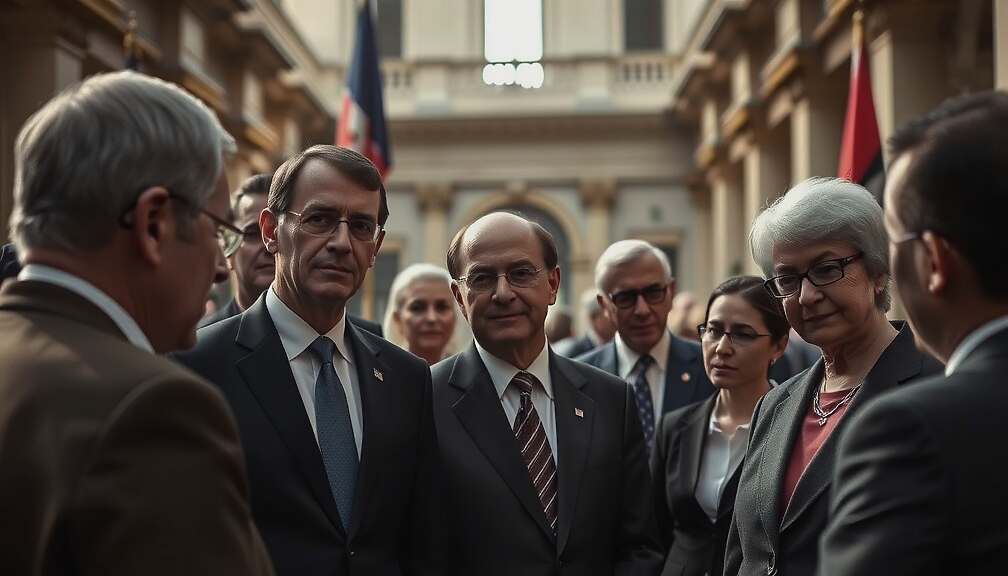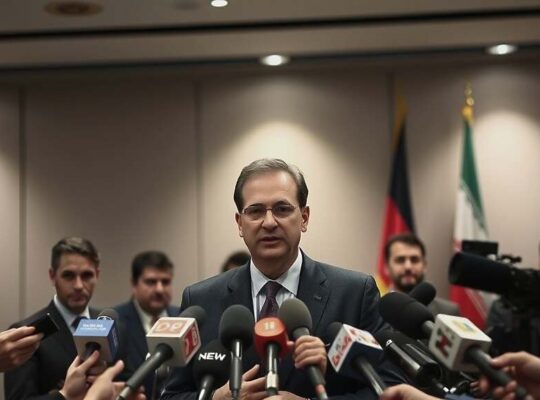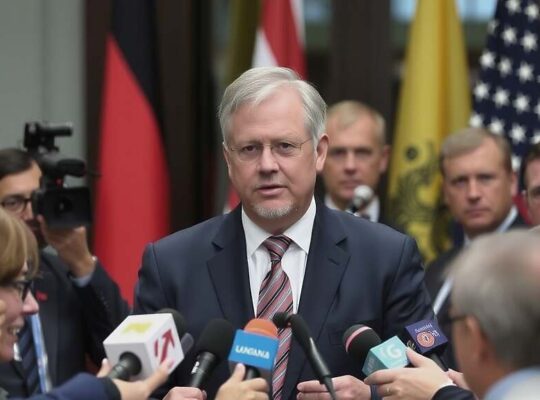The German Foreign Ministry has formally reinstated Ambassador Peter Fischer to his post in Tbilisi, Georgia, following a period of consultations in Berlin. The move, announced Thursday, signals a resumption of diplomatic engagement despite a recent escalation of tensions between Berlin and the Georgian government.
Fischer was temporarily recalled to Germany in October amid a sustained campaign of verbal attacks and what the ministry described as “harassment” directed at both the European Union and the ambassador personally. These incidents highlight a growing rift between Tbilisi and its Western partners, particularly concerning Georgia’s commitment to democratic reforms and its alignment with European values.
Since assuming his ambassadorship in 2022, Fischer has been a vocal critic of the ruling “Georgian Dream” party’s policies, frequently challenging their approach to judicial independence, media freedom and the implementation of the EU accession process. His outspokenness has drawn increasingly aggressive reactions, with members of the pro-Russian governing party reportedly even pushing for his expulsion.
While the Foreign Ministry’s statement emphasizes Fischer’s return with “full support” the incident underscores the precarious nature of Germany’s diplomatic presence in Georgia. Critics argue that the Georgian government’s targeting of Ambassador Fischer is a deliberate attempt to stifle external scrutiny and deflect attention from internal shortcomings. This tactic, reminiscent of strategies employed by authoritarian regimes, raises concerns about the broader implications for democratic development in the country and the willingness of the government to uphold its commitments to international partners. The return of Ambassador Fischer, while a symbolic gesture, leaves unanswered questions about the long-term stability of the relationship and whether Tbilisi will genuinely embrace the values and reforms necessary for successful EU integration.












